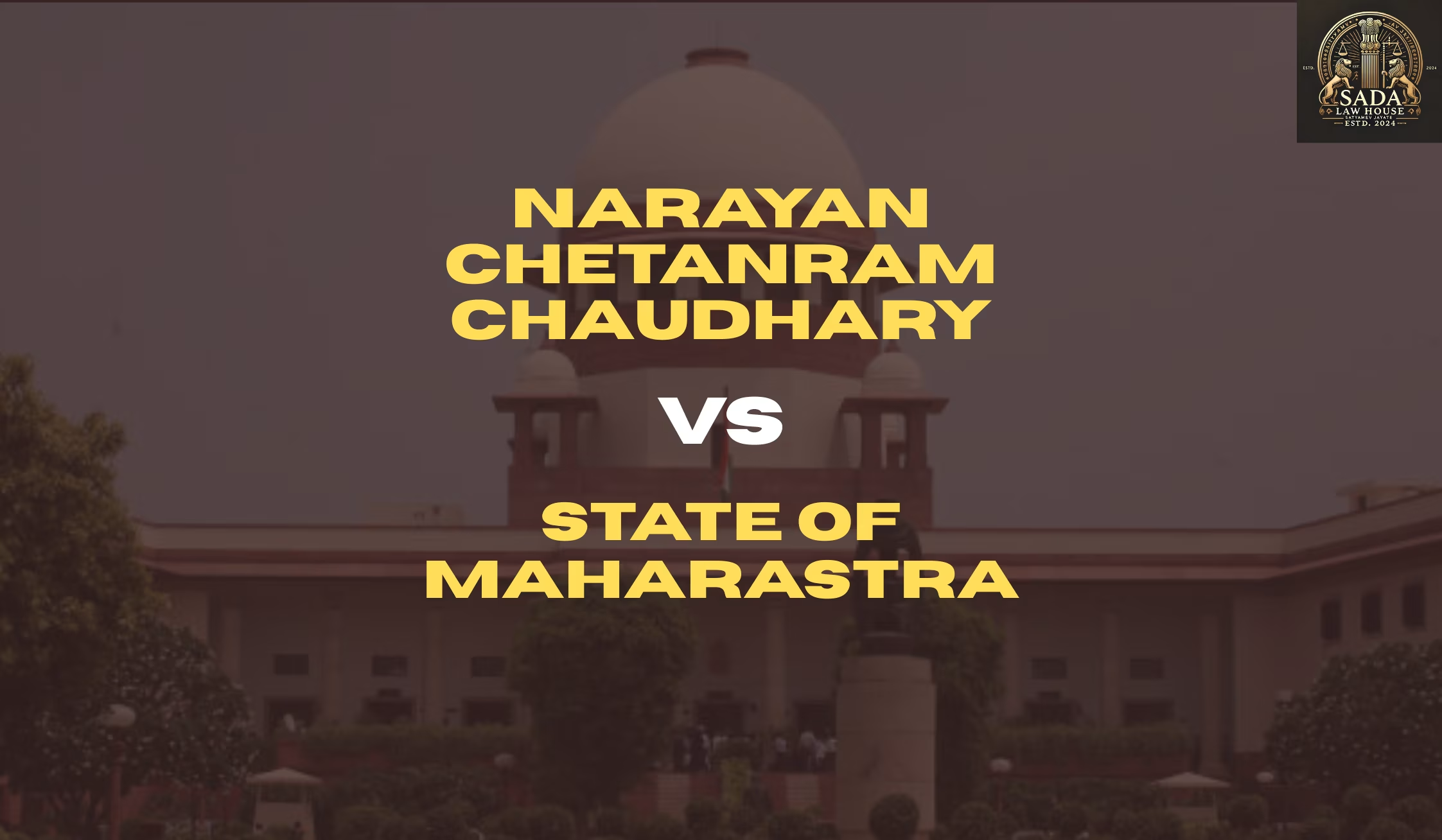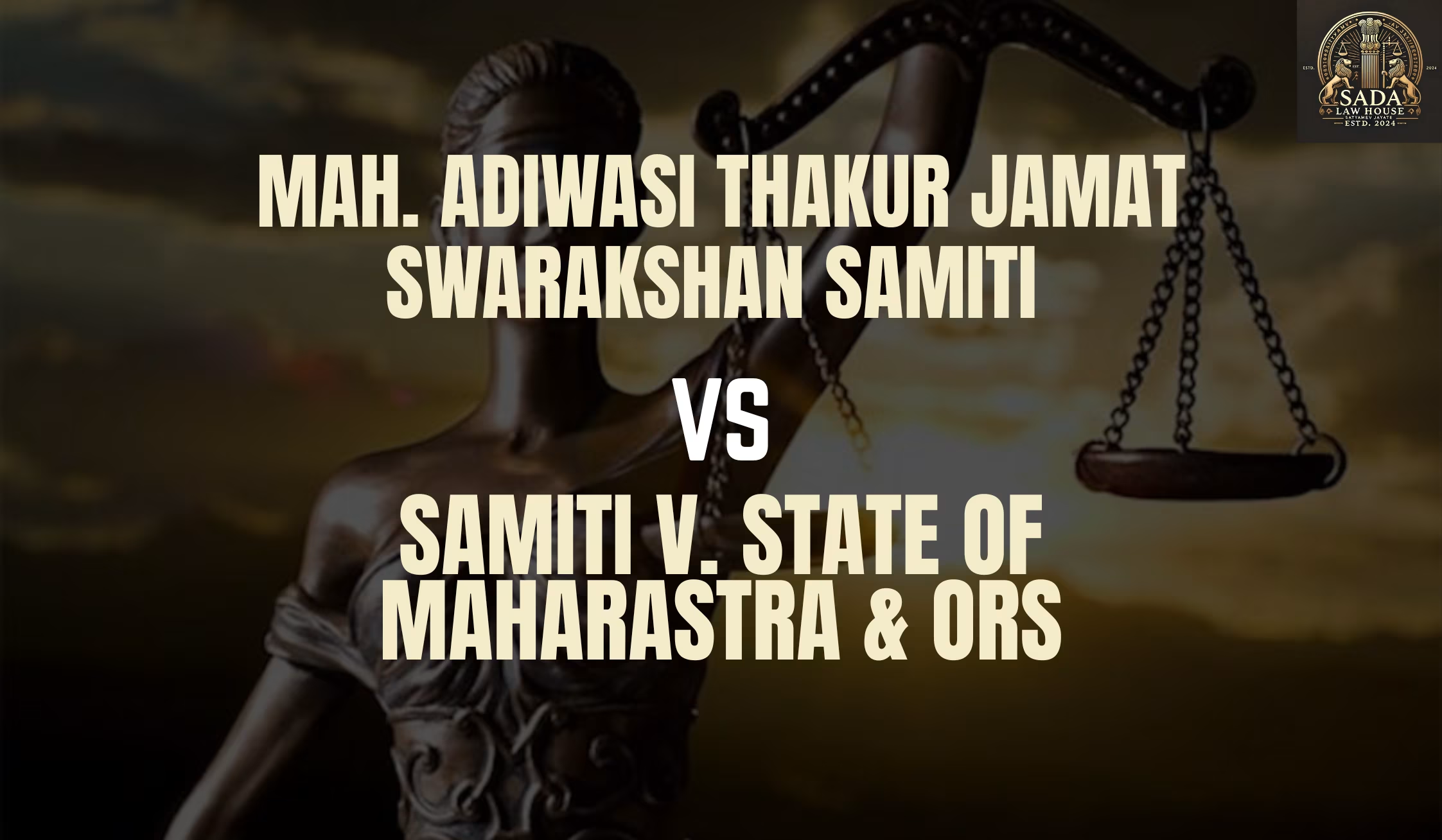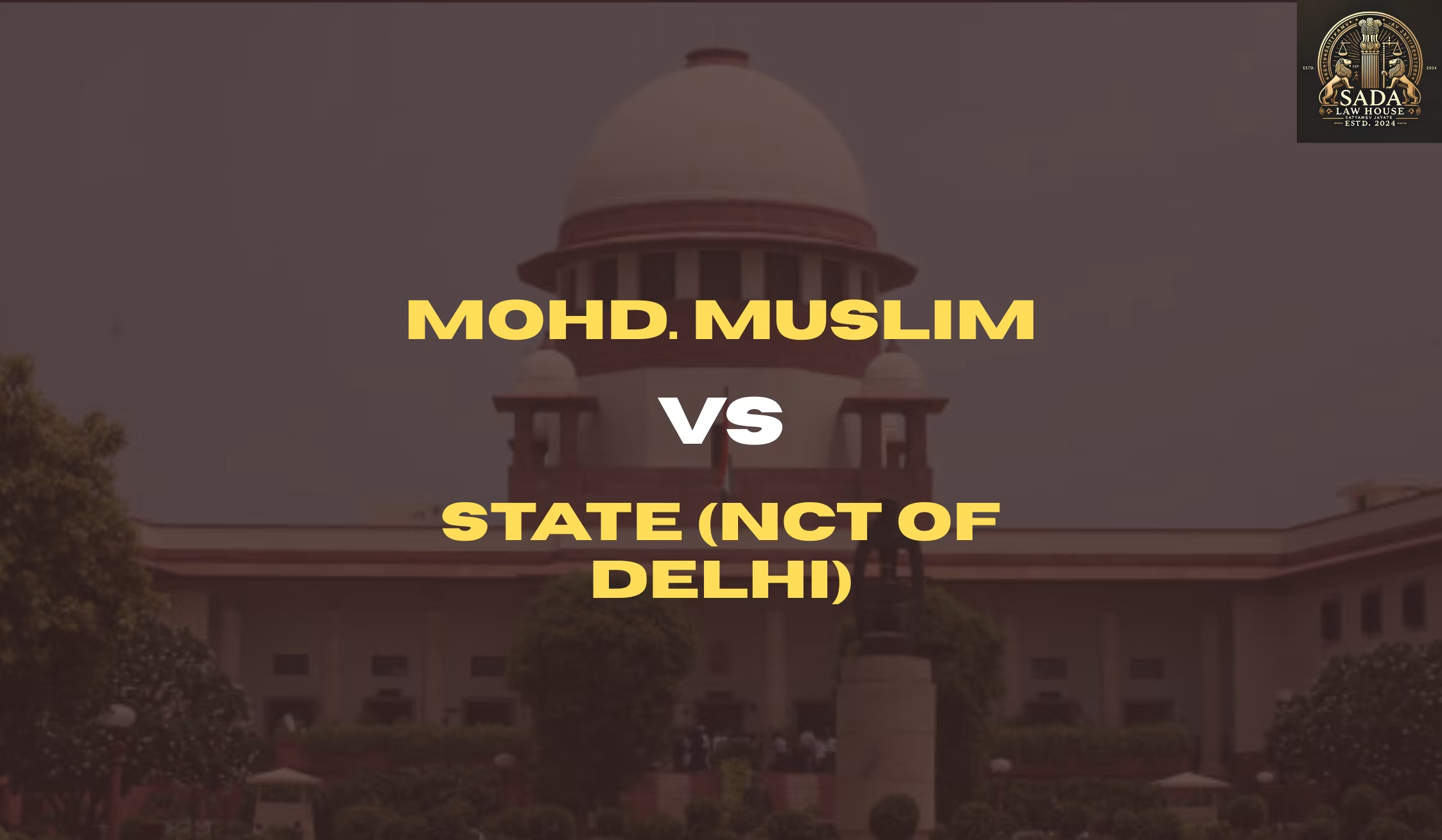Anuradha Bhasin vs Union of India (2020): A Landmark Verdict on Internet Freedom and Fundamental Rights
- 26 Apr 2025

Discover the significance of Anuradha Bhasin vs Union of India (2020), a milestone in safeguarding internet freedom and human rights in India. Understand the case background, Supreme Court’s judgment, and the future impact of the Telecom Bill 2023.
Introduction: A Defining Moment for Digital Rights
The case of Anuradha Bhasin vs Union of India (2020) marks a historic milestone in India’s struggle for internet freedom and human rights. Triggered by the communication blackout in Jammu and Kashmir following the Article 370 revocation, the case questioned the delicate balance between national security and fundamental rights.
The Supreme Court of India‘s ruling not only scrutinized the legality of internet shutdowns but also introduced critical principles like proportionality, transparency, and judicial review. This blog explores the background, key arguments, court verdict, and the broader impact, including insights into the Telecom Bill 2023.
Background: Communication Blackout in Jammu and Kashmir
On August 5, 2019, the Indian government revoked Article 370, removing Jammu and Kashmir’s special autonomy. To preempt unrest, authorities imposed a stringent communication blackout—halting internet services and enforcing movement restrictions. This move disrupted daily life, crippled businesses, and hampered journalism.
Anuradha Bhasin, Executive Editor of the Kashmir Times, challenged these restrictions in the Supreme Court, arguing that they violated fundamental constitutional rights under Articles 19(1)(a) and 19(1)(g).
Core Legal Challenges
1. Violation of Fundamental Rights
The indefinite internet suspension infringed upon:
Freedom of speech and expression (Article 19(1)(a)).
Right to practice any profession or carry out any trade (Article 19(1)(g)).
2. Lack of Proportionality and Due Process
Petitioners highlighted:
Blanket restrictions were unreasonable and lacked a graded response.
Shutdown orders were not publicly disclosed, obstructing judicial review.
3. Government’s Defense
The government contended:
The shutdown was a temporary measure to maintain national security and public order.
Powers were exercised under the Indian Telegraph Act, 1885 and the Temporary Suspension of Telecom Services Rules, 2017.
Key Questions Before the Court
Constitutionality of prolonged internet shutdowns.
Proportionality of restrictions.
Transparency and adherence to due process.
The Supreme Court’s Verdict: A Historic Ruling
On January 10, 2020, the Supreme Court delivered a transformative judgment:
Recognition of Internet as a Fundamental Right
The Court declared:
Access to the internet is protected under Article 19(1)(a) and Article 19(1)(g).
The Proportionality Test
Restrictions on fundamental rights must be:
Necessary.
Least intrusive.
Periodically reviewed.
Transparency and Review Mechanism
All shutdown orders must be published.
A review committee must assess the necessity of orders every seven days.
Judicial Scrutiny
Citizens affected by shutdowns must have the right to challenge them in courts.
Implementation of Guidelines: Reality Check
Despite clear directions, compliance with the Anuradha Bhasin guidelines remains inconsistent. Reports suggest:
Some progress in publishing shutdown orders.
Inadequate adherence to the periodic review process.
Frequent internet shutdowns still occur across India, raising concerns about fundamental rights.
Impact on Journalism and Business
The blackout devastated both:
Journalists struggled to report, affecting press freedom.
Businesses, especially in the digital economy, suffered heavy losses.
This case stressed the critical need for balancing national security and individual liberties.
The Telecom Bill 2023: A Step Forward?
The Telecom Bill 2023 aims to codify shutdown regulations:
Key Provisions
Clear criteria for suspension of services.
Robust review and accountability mechanisms.
Mandatory public disclosure of shutdown orders.
The bill seeks to enshrine the principles of proportionality, necessity, and transparency into law, ensuring a more predictable framework for future restrictions.
Conclusion: The Lasting Legacy of Anuradha Bhasin Case
The Anuradha Bhasin vs Union of India ruling redefined the conversation around internet shutdowns and fundamental rights in India. Though implementation challenges persist, the case established a strong legal foundation promoting vigilance, transparency, and accountability.
As technology evolves, the need to defend digital freedoms and ensure human rights becomes even more critical. The upcoming reforms under the Telecom Bill 2023 offer hope for a balanced and lawful approach in managing security concerns without eroding fundamental liberties.
Case Laws






